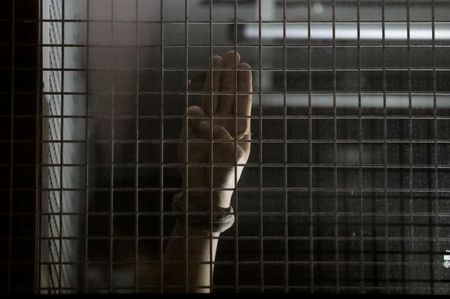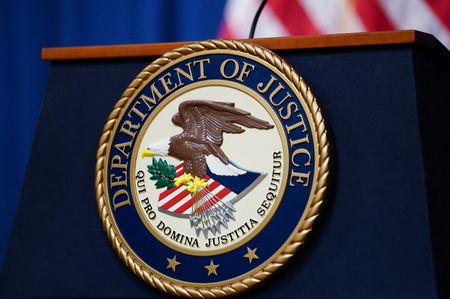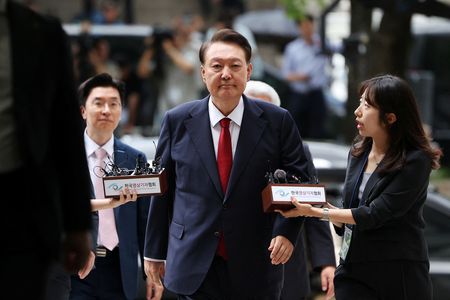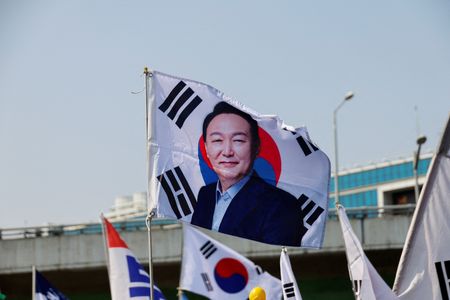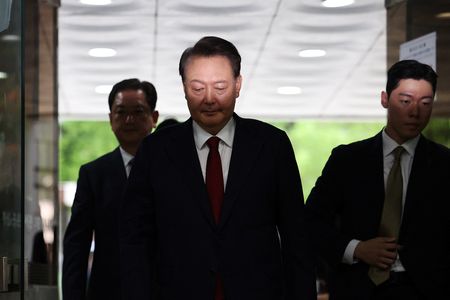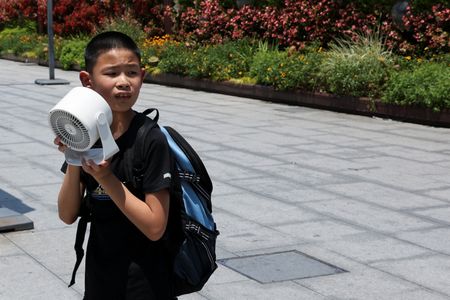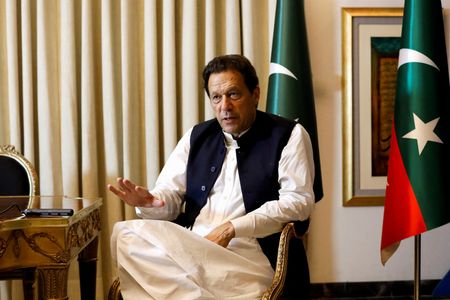By Panarat Thepgumpanat and Panu Wongcha-um
BANGKOK (Reuters) -Thailand’s parliament met on Wednesday to begin deliberations on draft bills seeking amnesty for thousands of people charged with crimes relating to mass demonstrations and rallies over the two decades of political turmoil.
Five draft bills submitted to parliament by four political parties and civil society groups would cover all political demonstration-related cases since 2005, a period of intermittent turbulence that saw two coups, the removal of three prime ministers by court orders and sometimes violent street protests.
The ruling Pheu Thai party-led government, which is hanging on to power with a slim parliamentary majority following the suspension of Prime Minister Paetongtarn Shinawatra from duty by a court order last week, picked political amnesty as its first legislative agenda as the house reconvenes after a break.
A previous bid for political amnesty by the Pheu Thai Party in 2013 backfired, triggering protests and, later, a coup.
“People in this country have been in conflict for 20 years, this must come to an end,” Pheu Thai lawmaker and government whip Wisut Chainarun told Reuters.
All the draft bills propose to create a committee to determine the scope of political cases eligible for amnesty.
More than 5,000 people have been charged with offences relating to political rallies and expression since 2006, including 281 people charged with royal insult, according to legal aid group Thai Lawyers for Human Rights.
Thailand has one of the world’s harshest royal insult laws, setting jail terms of up to 15 years for anyone convicted of defaming, insulting or threatening the monarchy.
The government is willing to approve amnesty for political cases but not for those involving corruption and insulting the country’s monarchy, Wisut said.
The main opposition People’s Party, which has submitted one of the draft bills, does not specify offences eligible for amnesty but stipulates that those involved in insurrection, murder or abuse of power in security crackdowns would not be eligible.
If one of the draft bills passes the first reading in parliament on Wednesday, a committee will be formed ahead of a second and third readings in the lower house and the Senate, before it is sent to the king for endorsement.
(Reporting by Panu Wongcha-um and Panarat Thepgumpanat; Editing by Saad Sayeed)

